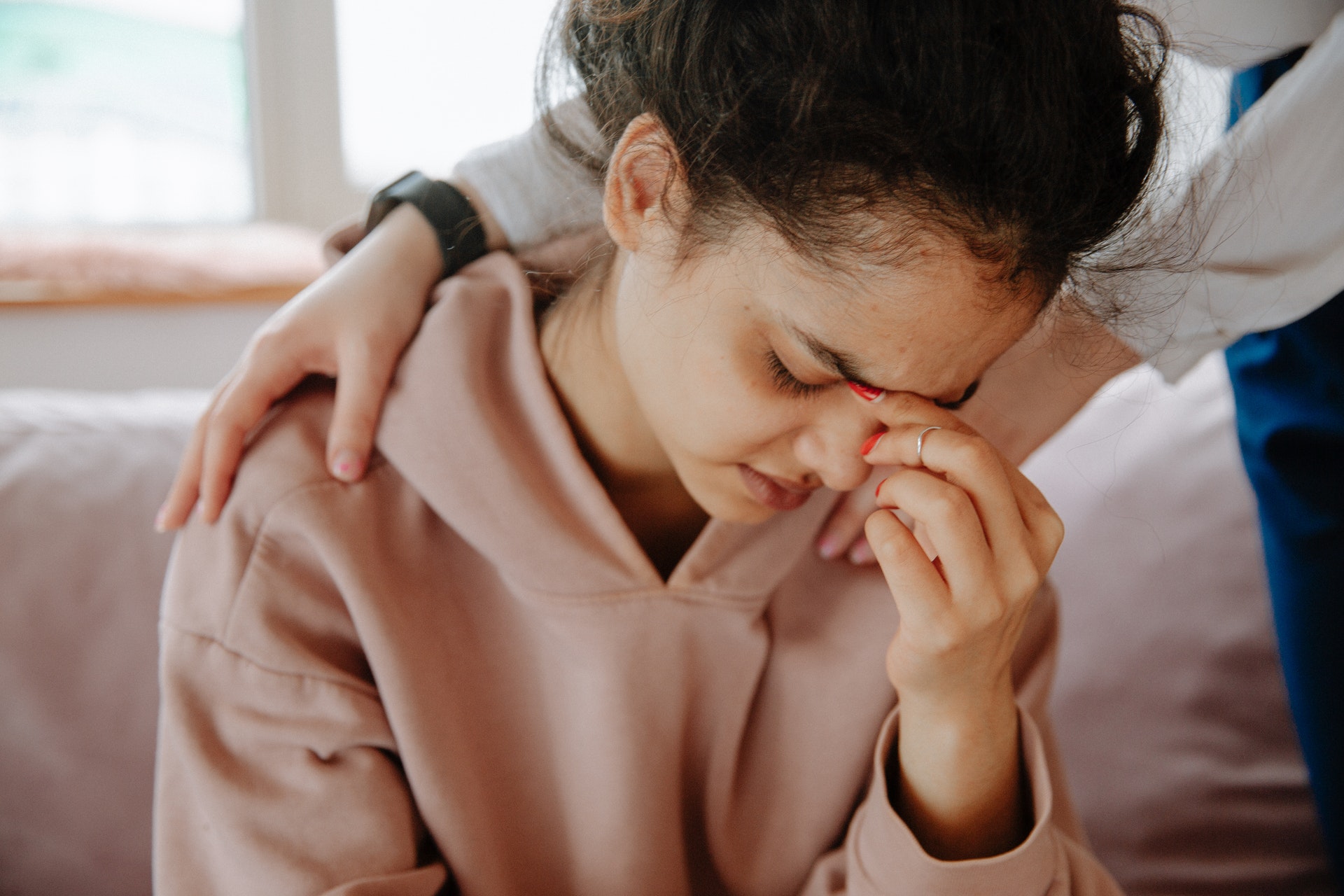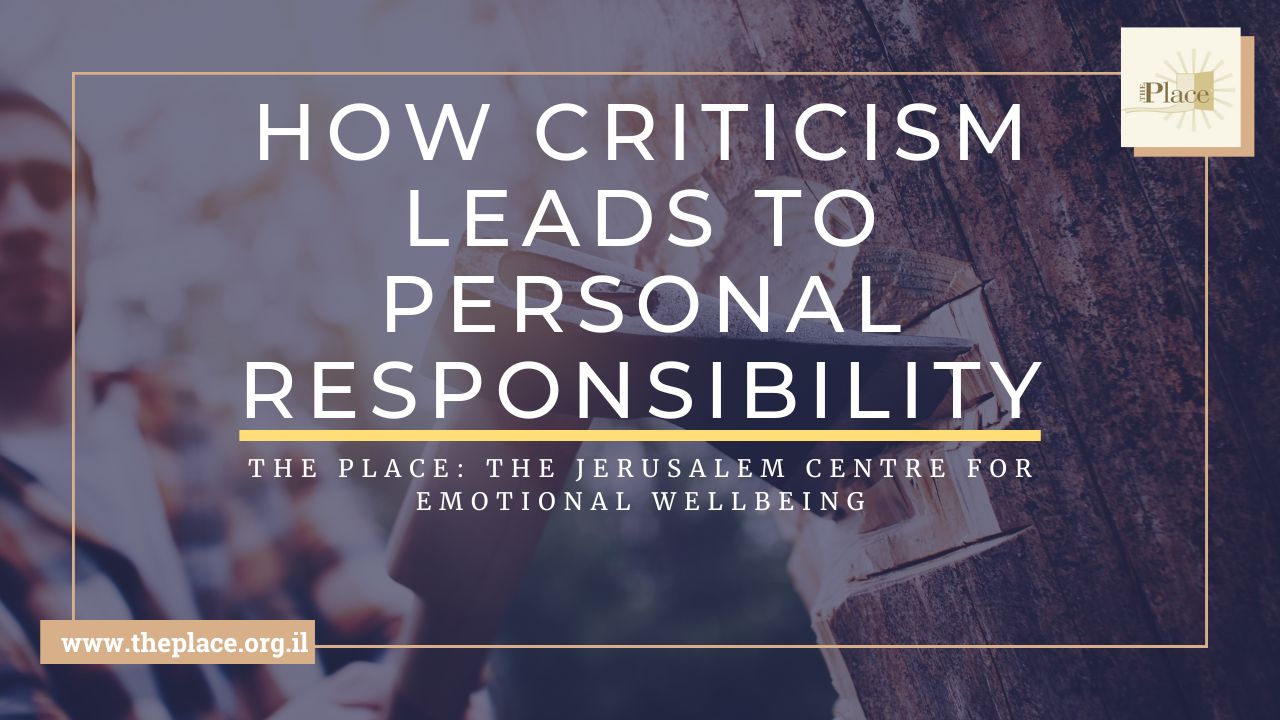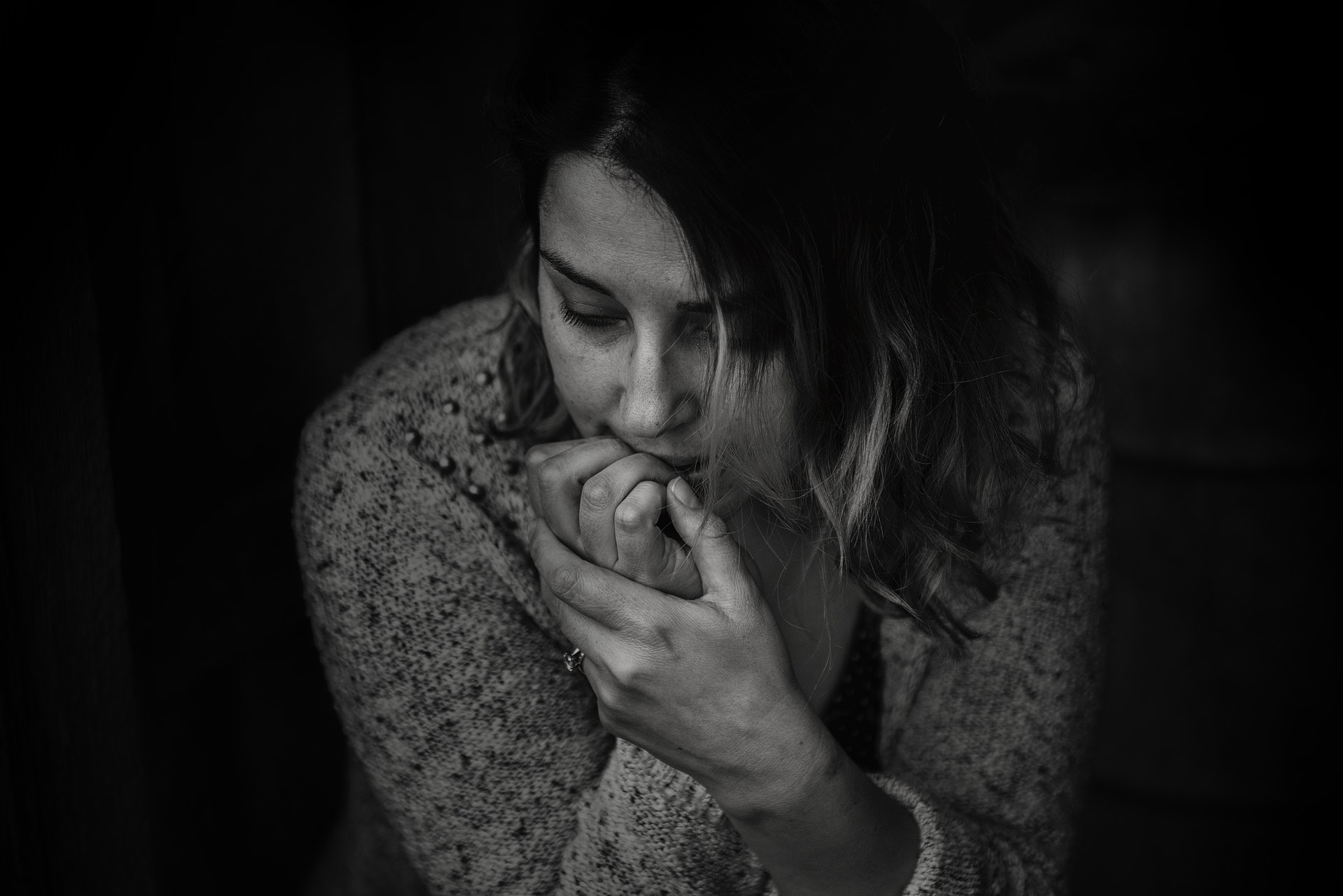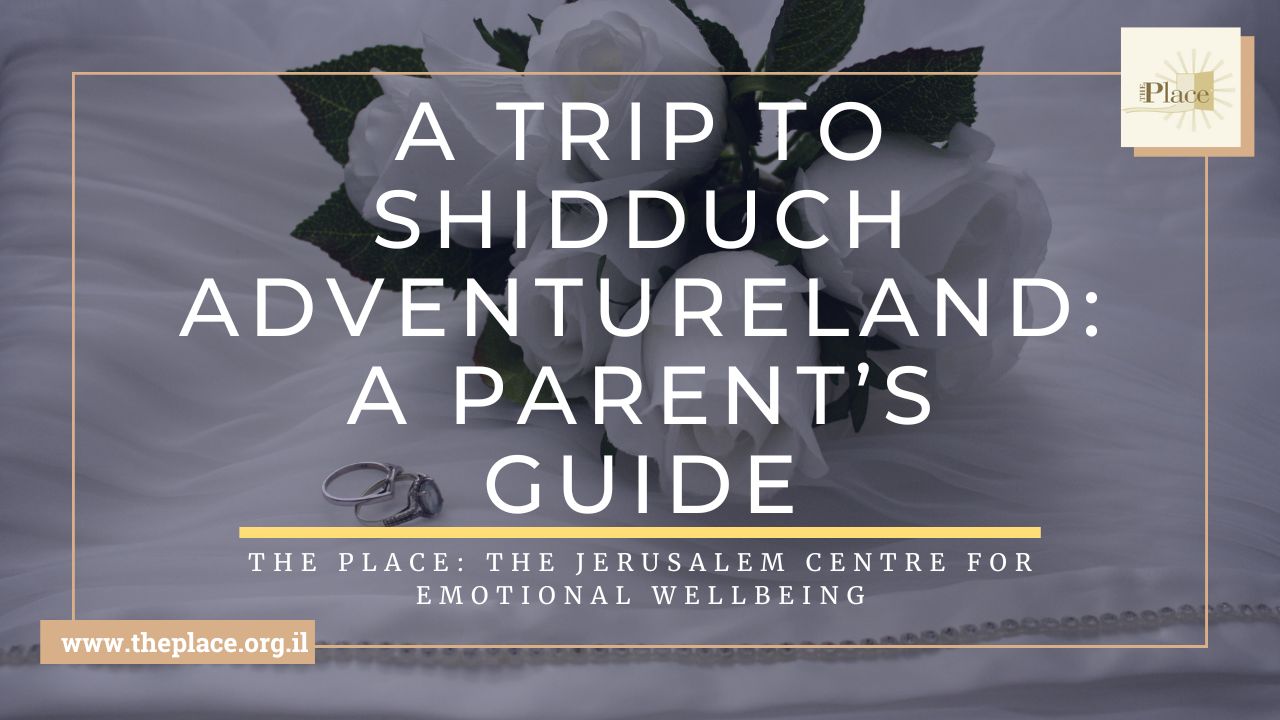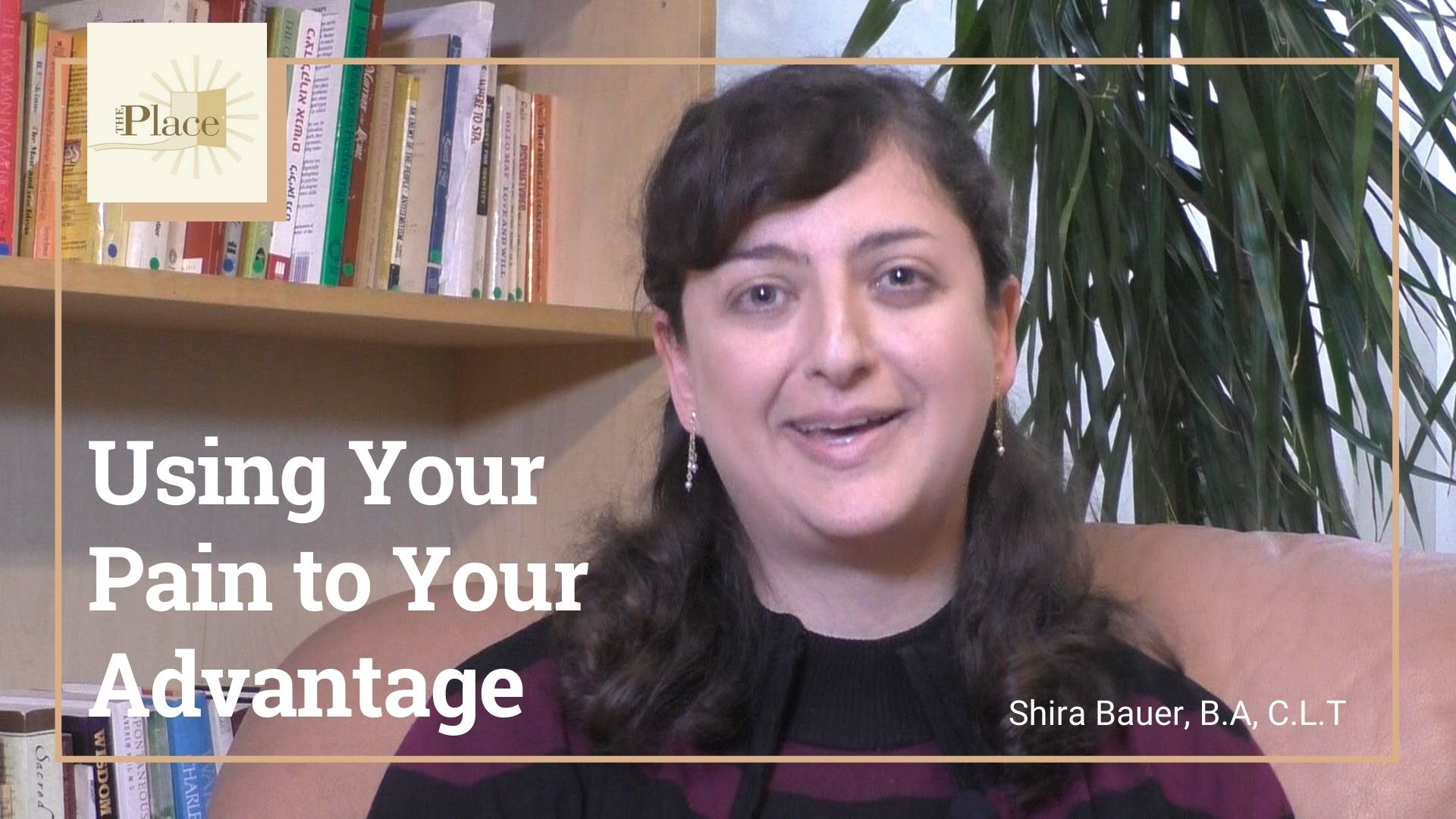Grief is experienced by all people at some point of life. It is the natural reaction to loss, which is experienced on both a personal and universal level. Grief is a strong, sometimes overwhelming emotion for people, regardless of whether their sadness stems from the loss of a loved one, a terminal diagnosis, ending of an important relationship, job loss, or living through another’s loss. There is no one “right” way to grieve, and there is no way to anticipate exactly how the feelings of sadness, anger, loss, and loneliness will heal and resolve. Individuals might find themselves feeling numb and removed from daily life, unable to carry on with regular duties while overcome by their sense of loss.
Some have described the grieving process as a roller coaster, filled with highs and lows. Over time the roller coaster evens out so the highs and lows are more manageable, but the big ups and downs can reappear, especially at important family events, anniversaries, holidays, or other special occasions. People who have suffered grief do say that it will get better with time and the support of friends and loved ones.
It is important to be aware that one can’t control the process and to prepare for varying stages of grief. Understanding why one is suffering can help, as can talking to others and trying to resolve issues that cause significant emotional pain, such as feeling guilty for a loved one’s death. Mourning can last for months or years. Generally, pain is tempered as time passes and as the bereaved adapts to life without a loved one.
There are common misconceptions about grieving which must be clarified:
‘Grieving should not last longer than six months’.
There is no timeline for grief. Grief reactions vary in intensity. They can be triggered or worsened by anniversaries and holidays.
‘Only weak individuals grieve’.
Everyone grieves. After a loss, feelings are unpredictable. They can range from sadness to fear to loneliness to anger. Hiding emotions during grief is not helpful. Processing feelings is extremely important to heal and recover from grief and loss
‘Not crying following a loss means you are not experiencing grief.’
Lack of crying or sadness following a death does not mean someone is not grieving. Many people are in a state of shock or numbness following a death and aren’t able to cry. Others may cry privately. Some who come to terms with the death quickly do not appear as affected by the death compared to others who show more outward signs of grief.
‘We slowly and predictably recover from grief’.
Grief is an uneven process, best thought of as a roller coaster with no timeline. It doesn’t have a specific ending point, and recovering does not mean “letting go”; rather, over time most people learn to live with the loss.
‘People who are grieving need to be left alone’.
Social support is extremely important for people who are grieving, for a period long after the loss. People who are grieving need opportunities to share their memories, talk about their loved one and their loss, and receive support from others.
Coping with loss is ultimately a deeply personal and singular experience, yet others can be there for the person and help comfort them through the process. The best thing one can do is to allow themselves to feel the grief as it comes over and allow it to pass. Resisting it only will prolong the natural process of healing.
About The Place
The Place is where therapists, individuals and the community connect to create safety, strength and success. At The Place, men and women discover the freedom and safety to move past those issues which are preventing them from living life to its fullest. Our goal is to help each of our clients discover his or her own strengths as powerful tools in the healing process.
The Place is a multi-faceted clinic offering both individual and group therapy, support groups, interactive evenings and lectures, educational classes, and drop-in hours. Our comfortable, confidential, relaxed environment allows clients and their families to explore sensitive issues and create positive change. We believe that the key to mental health and emotional well-being is inside you.
At The Place, male and female therapists work independently or as a team to explore sensitive issues and facilitate positive change for individuals, couples and families from all sectors of the community. Some of our specialties include emotional eating, grief counseling, internet addiction, phobias, anxiety & OCD, childhood challenges, premarital counseling, couples therapy and intimacy issues, postpartum support, personality disorders, psychiatric care, and more. Connect with a caring professional in person at our comfortable Jerusalem offices, or by video, phone, and text. We’re here for you.
Contact Us
Email info@theplace.org.il
Phone (02) 581 8299
Whatsapp 054 260 1468
Social Media
Website:
https://theplace.org.il/
Facebook:
www.facebook.com/theplacejerusalem/
Instagram:
www.instagram.com/theplacejerusalem/


